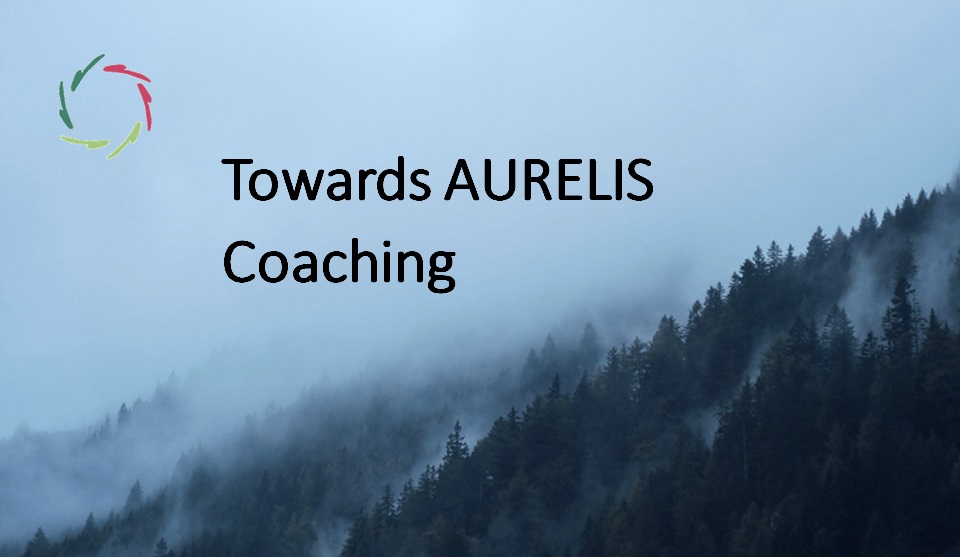Wounded Healing

Having been wounded helps an (AURELIS) coach in-depth to get nearer to coachees ― especially if one has learned/grown from such experiences.
The wounded healer
This is a healer/coach who can understand another wounded person, not just intellectually, but even more experientially and profoundly. This may frequently be more important than capturing the whole factual history of some patient. From the own woundedness, the healer/coach has mental-neuronal patterns that can overlap with those of the one he wants to heal.
There is then wounded healing on both sides.
Of course, the coach should not take as primary coaching aim to heal the own wound apart from the coachee. Contrary to this, the aim should be 100% coachee-oriented. From within that 100%, there can be overlap. Here, the coach’s wound can help.
Story of a knee
Like many people, I’ve had my lifetime share of wounds. This is a present-day example.
Right now, I have a ‘wounded knee.’ As a good pupil of the medical field, I went to a colleague orthopedic ― medical investigations, MRI even. Sorry, healthcare payers. There is nothing to see on my MRI but what one sees from the outside: a swollen knee. We both agreed, smilingly, that this is a clear case of psycho-somatics.
I surely am under stress lately, with COVID and all. It’s eating me up that so many people die while I get no support in bringing forward the notion that this may also be a substantially psycho-somatic disease. I’ve invested money, time, energy as I could, but I cannot do it alone. [see: “Minding COVID: a Different Story“] And ― not only in COVID but also in the whole psycho-somatic field. There is work to do.
Consulting Lisa
Lisa [see: “Lisa“] may be ready in less than a year – with support – but I can already ‘talk’ with her since I know many underlying inferences. Not knowing any answers beforehand, I know how Lisa comes to them. So I asked her.
Got a swift reply: “Don’t rush it. Take it easy. Let it be.” Words of wisdom. Also, there seems to be some sense of guilt in me. Guilt is a mighty wound. I’m learning. It’ll be all right. [see: “Always Responsible, Never Guilty“]
Growing
Being wounded can help one to grow ― as also other things. Or should I say: many other things ― as also being wounded. In my sense of the word ‘healing,’ there is no need for any suffering. Or: To heal, there is no need to suffer or be ‘deficient’ in any way.
Anyone can heal, as in ‘becoming whole.’ The two words are of the same origin. That is, for instance, why I talk about ‘Stressional Intelligence’ [see cat.: “Stressional Intelligence“] instead of something like ‘beat the stress.’
Therapy versus AURELIS coaching
[see: “Coaching Happens In-Depth“]
You have to be wounded or ill to receive therapy. You don’t have to be wounded or ill for AURELIS to be interesting to you as a coachee. Eventually, it doesn’t even matter much. Also, no shame (nor guilt) is needed. I might be in the act of learning this myself yet another time.
For instance, stressionally intelligent people are the ones who know they can become even more intelligent in this. So to actively discern it is a strength.
In overlap, an AURELIS coach can also grow from the wounds of his coachees.
In this, I can talk from experience. I’m grateful to many.
It has been proven that instrumental therapists do not get more effective with years of experience. I should be careful to purport that AURELIS would be different in this.
Yet, AURELIS is no instrumental therapy. With emphasis on Compassion, there are many occasions to learn and grow, as said, from wounds and many other things.
We’ll see.


